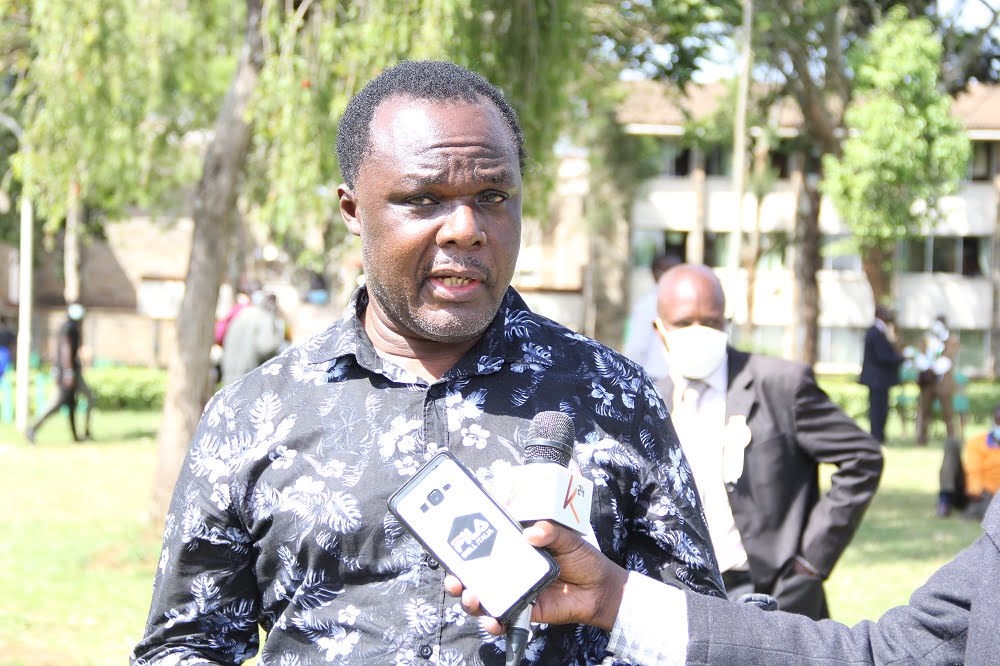By Roy Hezron
Kenyan students will soon be able to study in any country under the Inter-Governmental Authority Development (IGAD) if the current initiatives to harmonize regional qualifications are approved.
IGAD member states include Kenya, Somalia, Ethiopia, Sudan, Djibouti, Uganda, South Sudan and Eritrea.
Speaking during the second regional consultative meeting on the proposed IGAD Regional Qualification Framework at Hilton Hotel in Nairobi, Kenya National Qualification Authority (KNQA) Director General and Chief Executive Officer Dr. Juma Mukhwana said having a regional qualification framework is necessary to help the citizens from member states to work and continue learning in any member state without facing any obstacles.
“Each member state will come up with its own qualification framework, which will be aligned to the IGAD regional framework,” said Dr. Mukhwana.
He added that many citizens are moving across the borders for different reasons hence they aim to make such moves easier.
Dr. Mukhwana further stated that once the regional framework is put in place, standards will be set and harmonized as per member countries’ qualifications so that it makes it easier for one to move across the IGAD member states to work or study.
He clarified further that the different education curricula among IGAD member states will not hinder the qualifications framework, noting that the framework will do away with challenges like obtaining fake foreign qualifications and translation issues that have existed for decades.
In 2018, KNQA come up with the Kenya National Qualifications Framework (KNQF) which is constituted of principles and guidelines by which records of learner achievement are registered to enable national recognition of acquired skills and knowledge and ensure an integrated system that encourages life-long learning.
KNQF is based on the premise of the need to standardize and harmonize the country’s qualifications by putting in place a system for setting standards, defining expected knowledge and skills and understanding labour market employment, self-employment or further education within the Kenyan education and training system and beyond the country’s borders.
The framework is designed to build flexibility into a framework that would otherwise remain too rigid and crude to accommodate the vast variety of programmes and qualifications offered across the higher education and technical bands.
The purpose of horizontal and diagonal articulation in the qualification framework is to facilitate learner mobility and progression. It is also to be used to admit into the system learners who do not meet the full entry requirements for their target programmes, where recognition of prior learning (RPL) can most easily be implemented.
The KNQF has defined 10 unique levels of competence and a national award is assigned for each level. Each level also provides clear competence descriptors making it easy for students to progress smoothly to higher levels of education.
This implies that from a lower qualification, a person’s skills can be equated. The students will then be awarded certificates to allow them progress to the higher qualifications and get remunerated accordingly.
In developing the 10 levels of career progression pathways, the authority used the respective competence descriptors and modifications used by the prominent regulatory bodies–especially South African Qualifications Authority, Mauritius Qualifications Authority and New Zealand Qualifications Authority instead of starting afresh using the occupational analysis approach. This therefore implies that after one undergoes one level of training, he or she will be awarded a certificate that will allow him or her progress to the next level.






